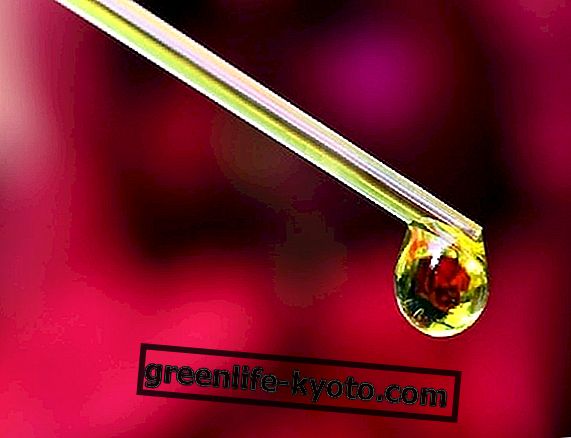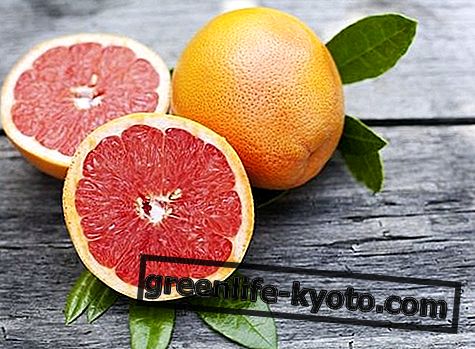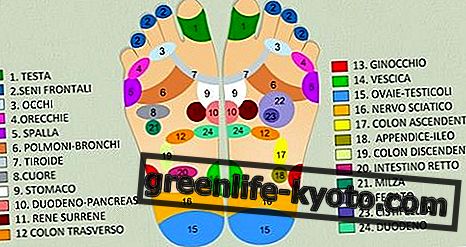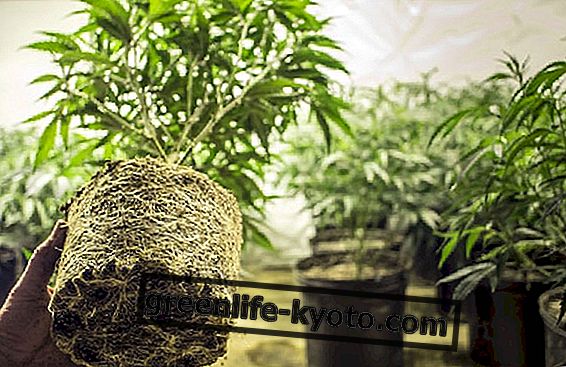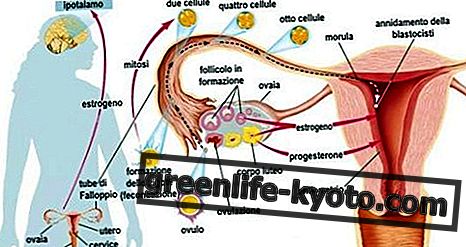Cystitis is a urinary tract infection that mainly affects the female sex and is often accompanied by a continuous and painful need to urinate . It is usually caused by bacteria that populate the last part of the intestine. These microorganisms can reach the bladder from the outside, passing through the urethra, or from the inside, by propagation from nearby organs, or even via the blood .
The female urethra is shorter than the male urethra and this characteristic, associated with the absence of the bactericidal effect of prostatic secretions together with the greater ease of entry for faecal microorganisms, increases female susceptibility to cystitis.
Perineal hygiene in women is therefore of fundamental importance to prevent the appearance of infections such as cystitis and vaginitis . We see the various herbal remedies to treat it.
>
The natural remedies for cystitis used in herbal medicine are herbs and medicinal plants, essential oils and trace elements with antiseptic action for the urinary tract, and lactic ferments able to rebalance the body's natural defense against infectious attacks: the bacterial flora.
For this reason the adjuvant action of probiotic-based supplements is essential to replenish our good bacteria and support them in the fight against pathogens that cause infections and inflammation of the urogenital system.

Herbs and medicinal plants for cystitis
Among the herbal remedies derived from herbs and medicinal plants we find
- Cranberry : ( Vaccinium macrocarpon, the American variety of our cranberry) has beneficial properties against recurrent cystitis and other urinary tract infections caused most often by Escherichia coli in particular. The cranberry, with red berries, rich in phytochemical compounds, acts as a urinary antibacterial, preventing bacteria from adhering to the bladder and proliferating in the body. In particular, the proanthocyanidins (condensed tannins ), contained in the cranberry juice, modify the chemical composition of the urine, in order to inhibit the adherence of the bacteria . The antiseptic properties of the cranberry, however, are certainly not a recent discovery, since it was already used centuries ago by the Native Americans.
- Grapefruit seeds: the broad spectrum antibiotic efficacy of the extract has now been recognized by numerous scientific researches. In phytotherapy it is considered one of the elective remedies in the treatment of colds and urogenital tract disorders such as cystitis and candida. Grapefruit seeds, in fact, do not weaken the immune system, and do not damage the bacterial flora, but by lightening, thanks to the antimicrobial action, the work of the immune system, contribute to strengthening it. They are also hypoallergenic, (but people with an allergy to citrus fruits may be sensitive to grapefruit seed extract) and without side effects.
- Bearberry: it can be considered a very active antiseptic to be used whenever there is an inflammation or infection in the urinary tract, as it is able to determine an antibacterial, anti-inflammatory and calming action, the continuous stimulation of urination or pain . It can be prescribed in cases of acute cystitis, chronic cystitis, urethritis, colobacillosis . An interesting indication, in the geriatric field, is prostatic hypertrophy with an inflammatory and infectious component and catheter cystitis . Among the various active ingredients that characterize bearberry, phenolic heterosides (arbutoside (6-10%, ) determine the antibacterial action, as they release the vidrochinone, the substance that effectively eliminates microbes. This last process is favored from the alkalinity of the urine, therefore in the case of those bacteria that make the basic environment such as Proteus vulgaris or Klebsiella pneumoniae, the use of Uva Ursi is more than ever appropriate, while in the case of acid urine it is good to basify artificially, with bicarbonate of sodium Gallic tannins (15-20%) protecting the mucous membranes of the urinary tract and influencing the adherence of microbes to the epithelium, they also have astringent qualities and therefore block the secretions produced by the inflamed mucous membranes, which is useful in case of diarrhea is often associated with cystitis, triterpenes monotropeoside (iridoid) and piceoside (hydroxyacetophenone) work in synergy with arbutin, exerting a anti-inflammatory action, very useful in infections of this type, characterized by strong burning .
You can also investigate homeopathic remedies against cystitis

Lactic ferments
Lactic ferments: the presence of probiotics in our flora is an adjunct in the treatment of the main respiratory and urinary tract infections, in inflammatory bowel syndromes and in immune system disorders or: allergies, food intolerances, colds.
The importance of the activity carried out by the bacterial flora explains why in the case of dysbiosis or when it is necessary to regenerate the intestinal microflora the treatment of first choice involves the intake of food or food supplements based on probiotics and prebiotics.
Other cases for which it is useful to integrate the bacterial flora with live milk enzymes are: antibiotic post-therapy, eating disorders, diarrhea, stress, constipation, meteorism and swelling.
Essential oils in cystitis
Essential oils all have an antibacterial action, but, more generally, those with balsamic properties for the respiratory tract, are the most suitable also for urinary tract affections such as essential oil of juniper, eucalyptus and pine.
However, the essential elective oil for infections such as cystitis is certainly tea tree oil . For internal use, it is used for its powerful antibiotic property with very wide spectrum on bacteria, viruses and microbes and fungal infections .
When the packaging shows the indication " 100% pure " it can also be used for food use, but always conveyed (max. 2 showers in a teaspoon of honey and always taken on a full stomach), in case of viral, bacterial infections and microbial that cause cystitis, candidiasis, but also in case of fever, cough, cold, sore throat, and herpes.
The trace elements
Manganese-Copper (Mn-Cu): the association of these trace elements in the presence of a state of general weakness where there is no resistance to physical efforts but also to intellectual ones which leads to recurrent infections in hyporeactive subjects .
The pathologies that begin to manifest in this state of fragility can evolve towards chronic forms of arthritis, eczema, bronchitis, recurrent cystitis for the genito-urinary apparatus; colitis for gastroduodenal diseases; little abundant menstrual cycles or thyroid disorders; infectious syndromes such as otitis and pleurisy; abulia, psychophysical instability; evening and / or morning asthenia with regard to physical and intellectual behavior.




